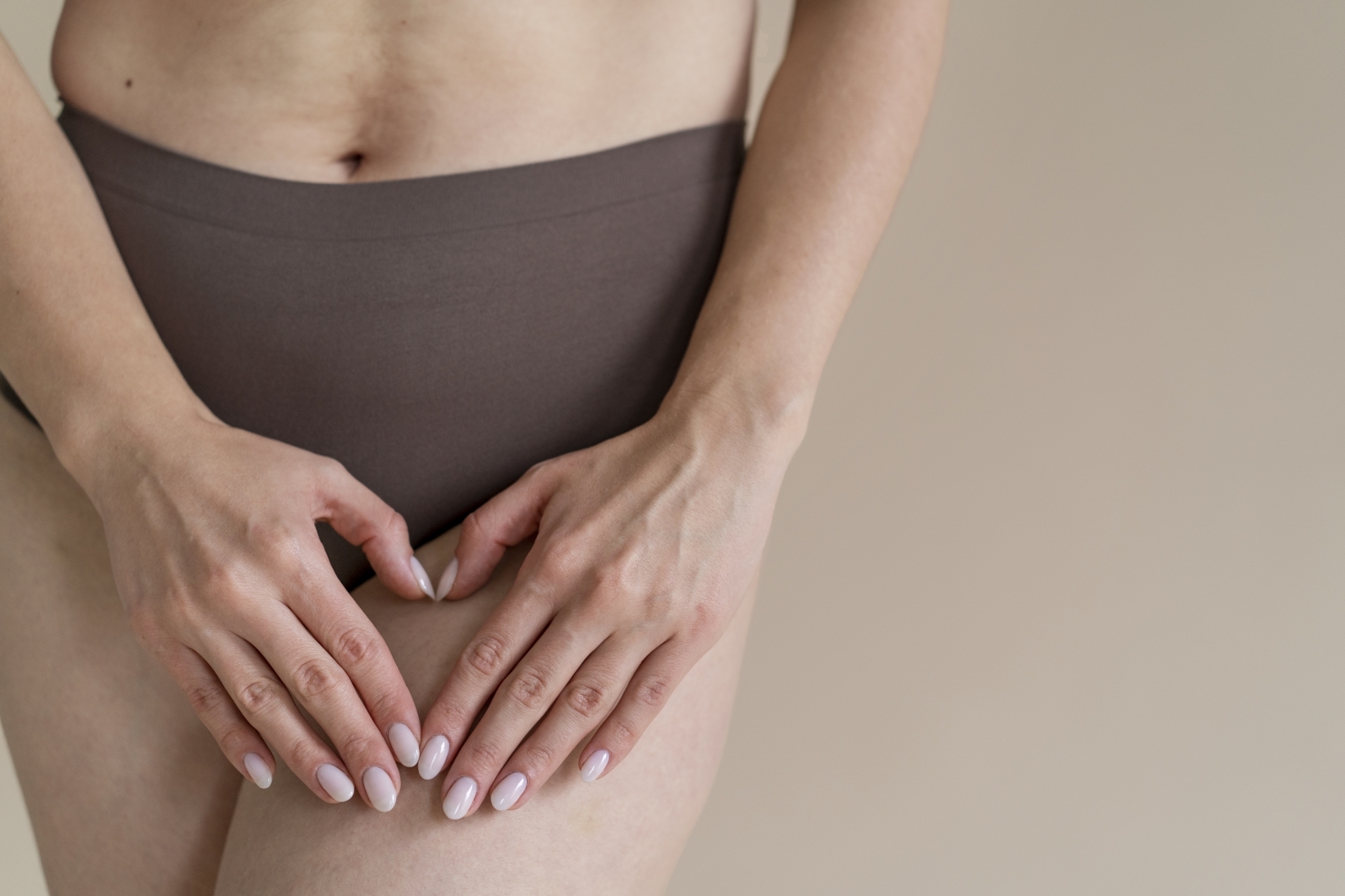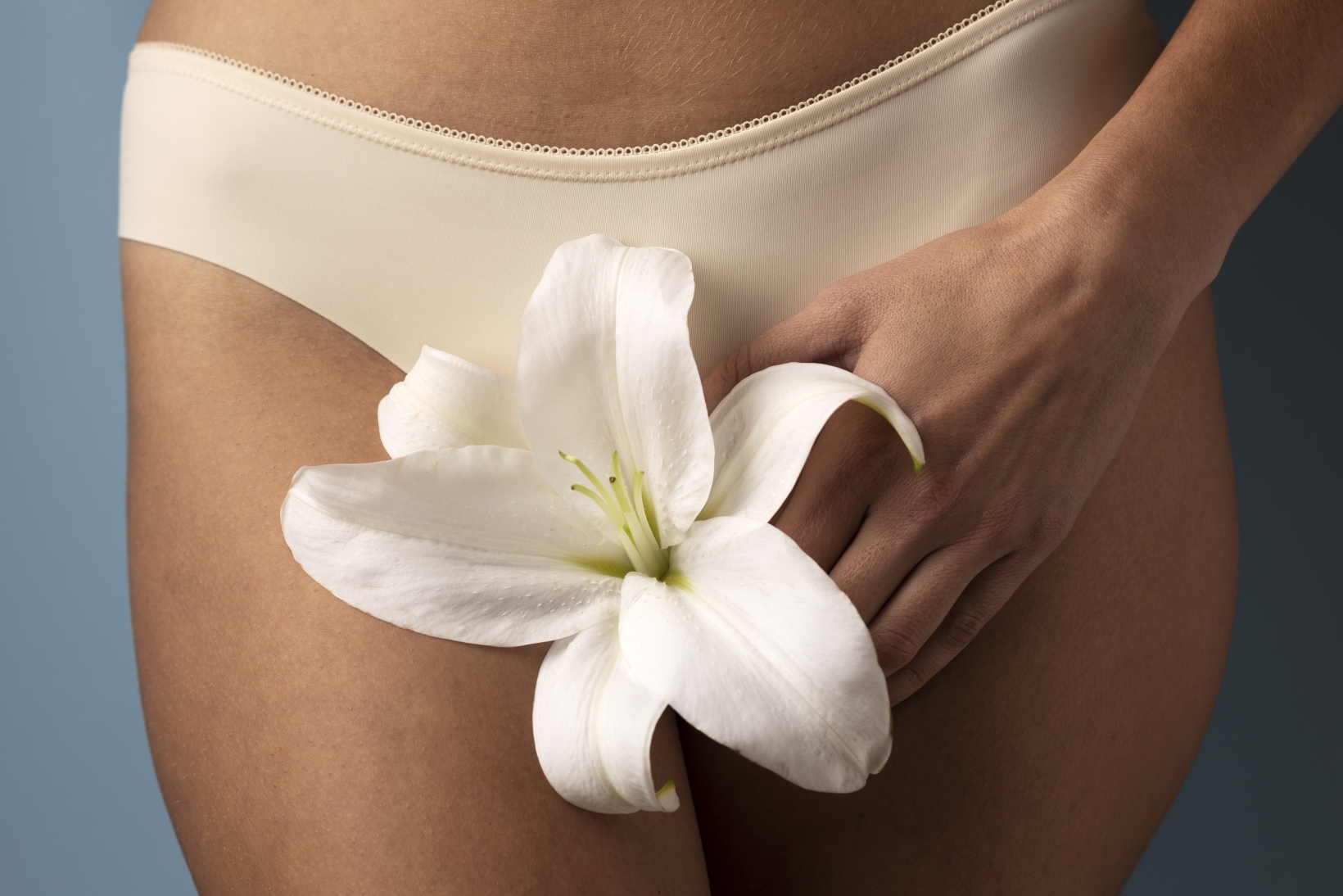When do we talk about vaginal dryness?
The vagina typically has a layer of moisture lining its interior walls. This moisture provides comfort during sexual intercourse and in everyday life. However, hormonal changes during menopause or while breastfeeding can reduce the amount of moisture resulting in vaginal dryness.
The walls of the vagina become thin and dry and make intercourse more difficult and painful. It can also have other negative effects, such as pain or discomfort while sitting or using the toilet.
If you are experiencing any of these conditions, discuss vaginal dryness with our specialist, who can suggest treatments, medications, and lifestyle changes to help ease the symptoms.







